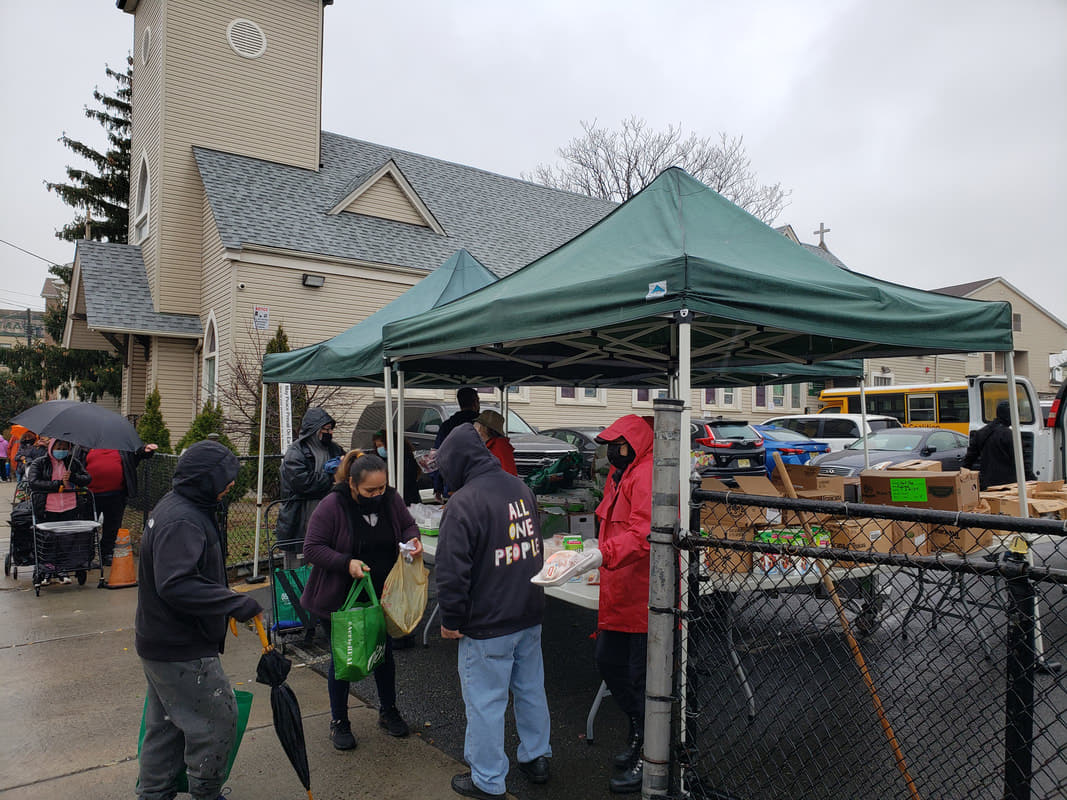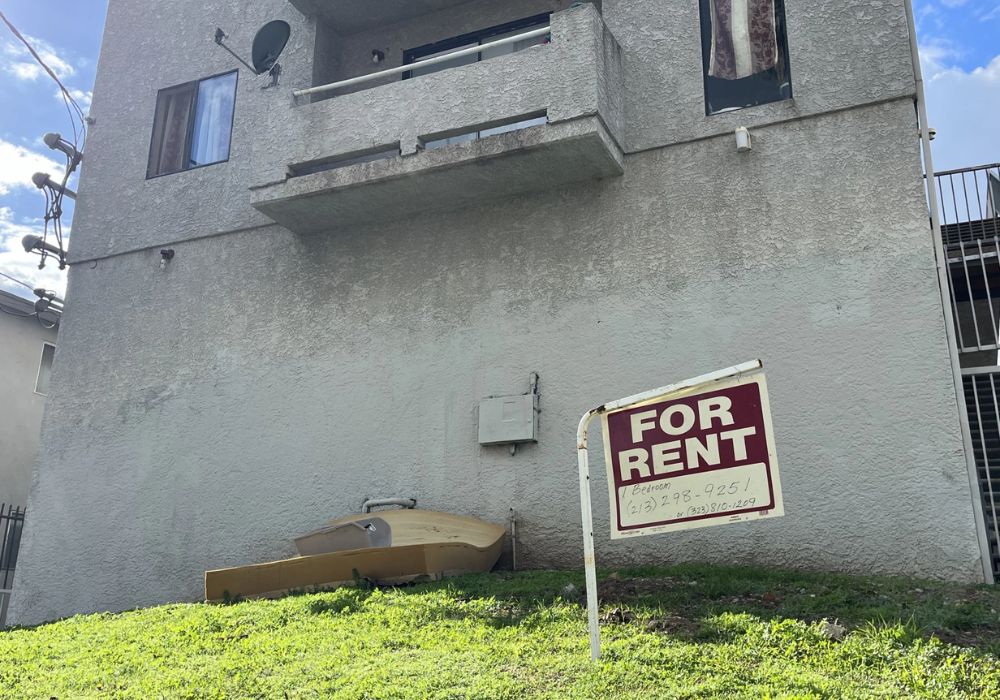Washington D.C. has one of the highest proportions of single-person households in the nation, according to new data. Renters who choose to live alone pay a substantial premium, dubbed the "singles tax", compared to those who have roommates or partners to share housing costs.
D.C. Topped by NYC for Share of Single Residents
An analysis by real estate firm Zillow found that 48.2% of households in D.C. consist of just one resident. This is significantly higher than the national average of 28.6% and makes the nation's capital a premier city for individuals living independently.
The only metropolitan area with a greater share of singles is New York City, which topped the list at 51.8% of households consisting of a single occupant. With such large portions of the local populations living solo, high "singles taxes" have emerged in both cities.
Housing Cost Burden for D.C. Renters Goes Up $11,452 Solo
Zillow estimated the annual "singles tax" born by renters living alone in different metro regions. In the Washington D.C. area, they placed the fee at an average of $11,452 per year.
This premium is calculated based on the average cost of a one-bedroom rental apartment in D.C., which comes in at $1,909 per month, or $22,908 annually. For a single person shoulderering this cost alone, it represents over $11,000 more than if they split expenses with a roommate.
And the tax does not even account for other living fees like utilities, streaming services, cable/internet which are also not shared. The high tax shows that solo living can place a significant strain on finances for D.C. renters.
'Couples Discount' of Shared Housing Over $22,000

On the other hand, Zillow's data illustrates the savings achieved through shared living expenses. Their analysis calls this benefit the "couples discount."
For two people splitting the rent and utilities at a typical D.C. one-bedroom apartment, the discount equals over $22,905 annually. This massive potential saving provides strong incentive for renters seeking to economize on housing costs to consider roommates or partners.
While solo living allows independence and control over living spaces, the financial feasibility depends on being able to afford the premium "singles tax." For many in the city, the more affordable path involves a willingness to open their home to others.
Pros and Cons Weighed for Living Arrangements
Of course, not all singles residing alone do so strictly for financial reasons. The Zillow analyst acknowledged there are important lifestyle benefits as well that must be weighed.
Living solo enables setting your own schedule and decorating your home exactly as desired without compromise. It also avoids issues around dividing chores with others or deciding on entertainment options together evening.
For those who value such independence and privacy above lowering housing costs, paying the sizable "singles tax" may be worth it. However, renters on a budget have an incentive to consider opening their home to defray some of these high solo living expenses through a roommate arrangement.
In conclusion, cities like Washington D.C. with disproportionately large numbers of singles face unique housing challenges. Data like the "singles tax" calculation help illustrate some of the financial tradeoffs associated with independent versus shared living situations in America's most populated metros. Renters must thoughtfully evaluate priorities around cost, independence, and lifestyle fit.





